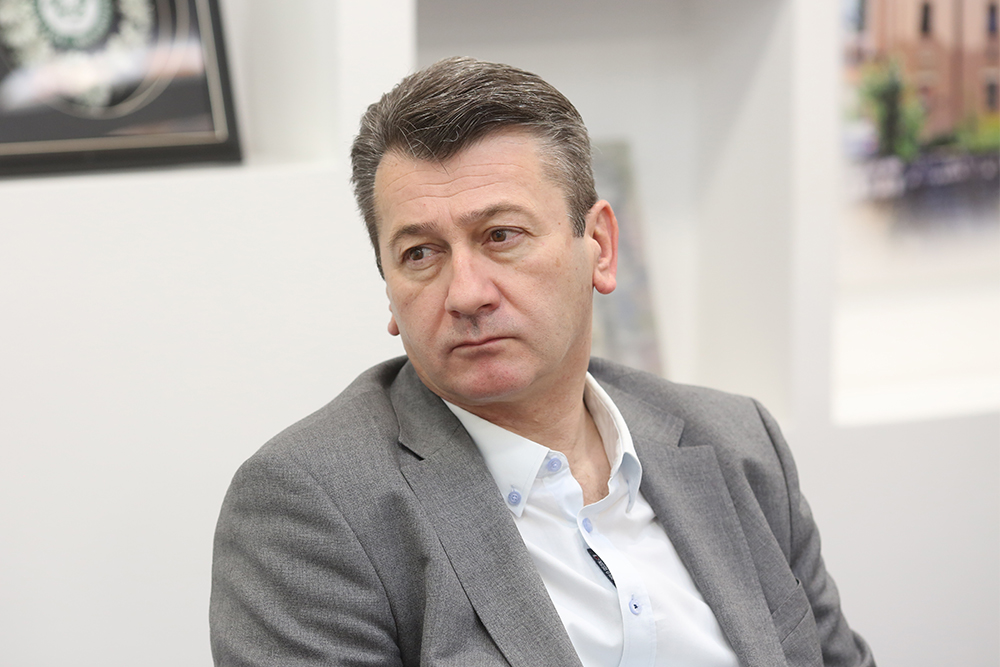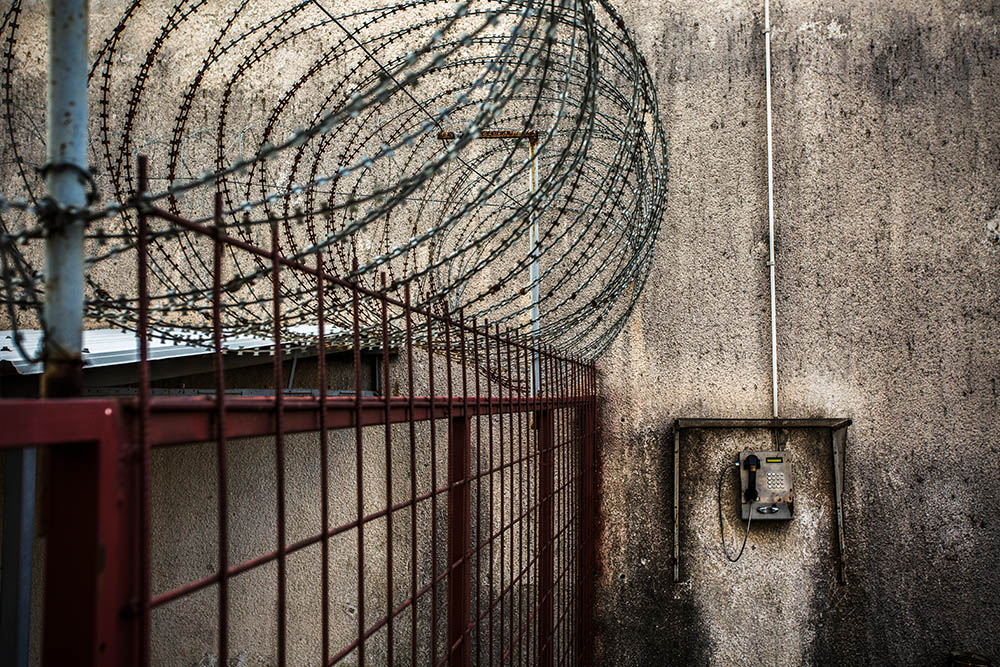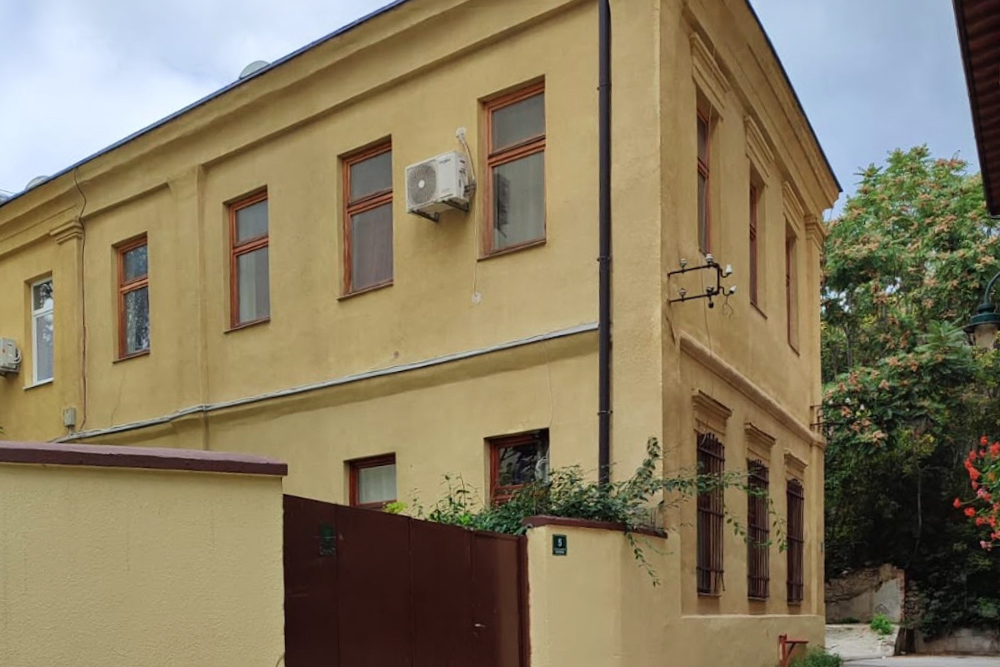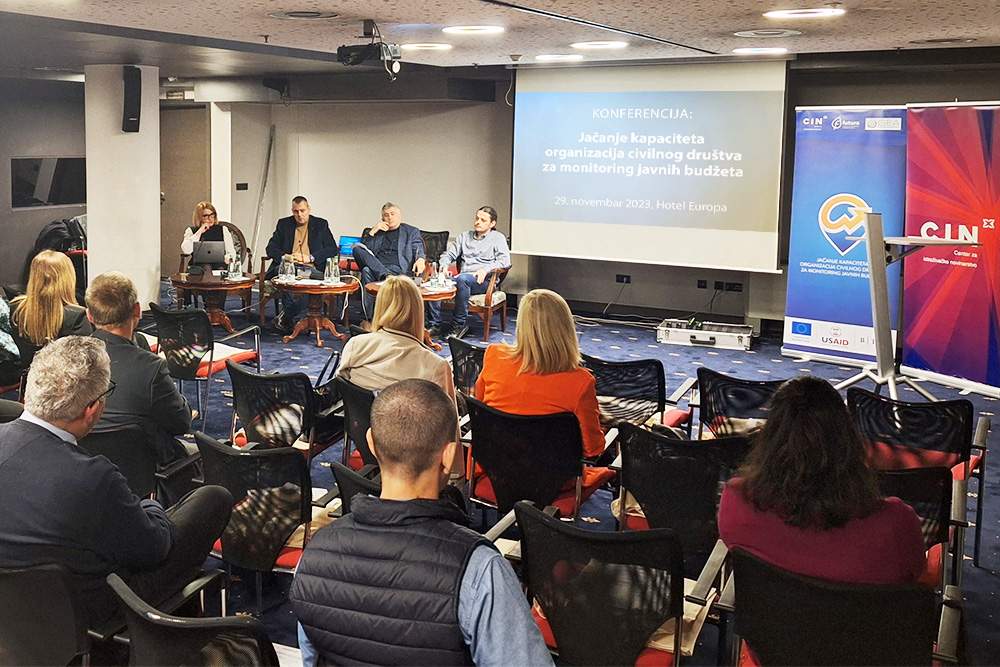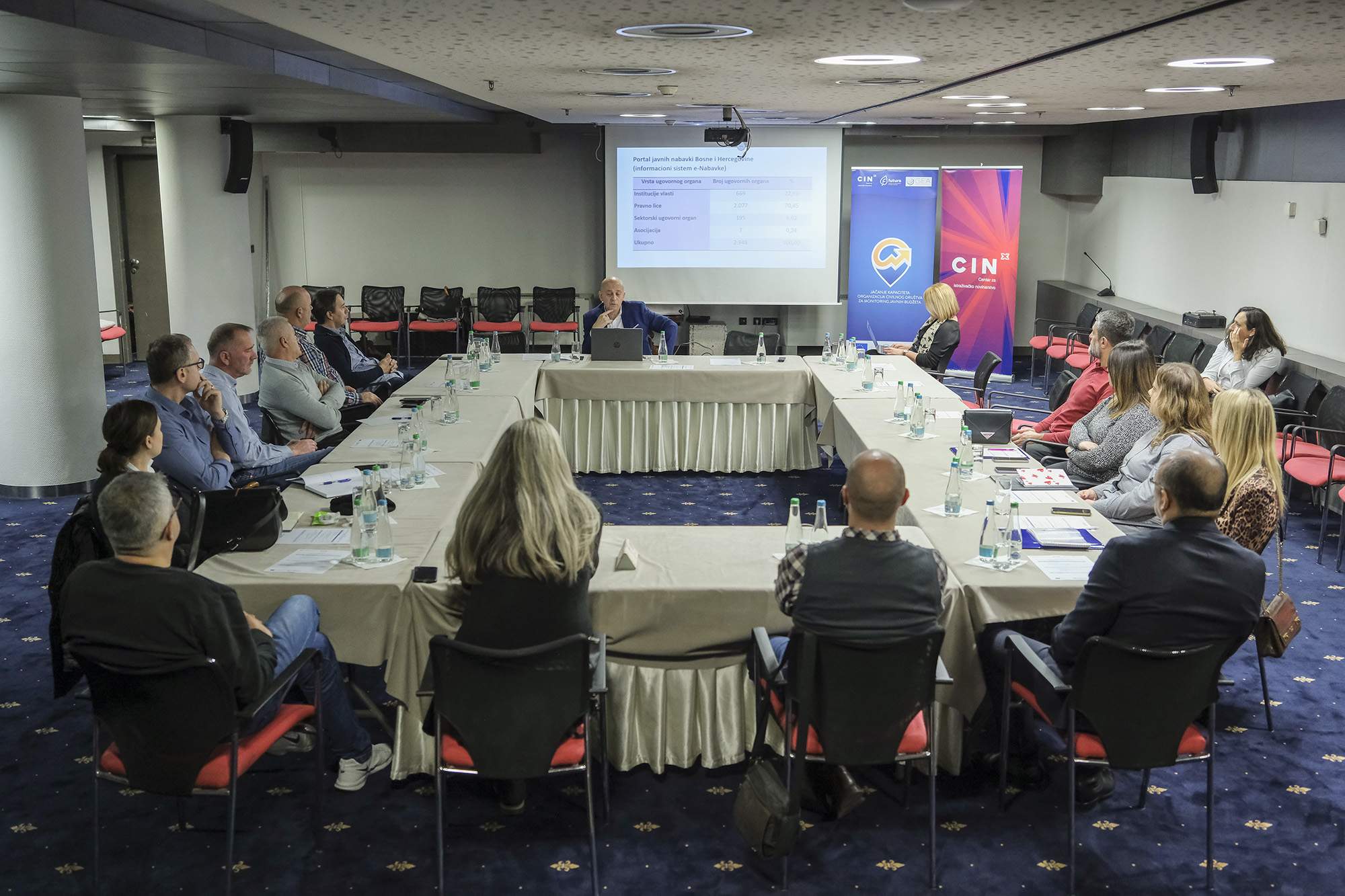The amount of government money going to the sports organizations in Bosnia and Herzegovina (BiH) depends not on results so much as the teams’ political connections. Athletes who have become politicians get to train in better working environments and, in exchange, the political parties get to share the limelight with them.
Reporters from The Center for Investigative Reporting in Sarajevo (CIN) found that the budget money allocated for sports was in some cases dished out without tenders or clear criteria, and that expenses were not justified properly.
Over the past five years, at least 61.6 million KM is estimated to have been set apart for sport from the government’s purse. That is bound to be a larger sum considering that just a little more than half of the state, entity and municipal agencies responded to CIN’s poll for information about sports spending.
The sacked Deputy BiH Finance and Treasury Minister Fuad Kasumović—who was twice on the Board of Zenica Football club Čelik—said that the financing is decided by “the guesstimate method” and that the connections were everything. “If you are on good terms with someone, “he said, “you make a phone call and that’s the end of it.”
Box and Singers
Banja Luka sportsmen—kick boxer Draženko Ninić and boxer Goran Delić—won first terms in the municipal councils of Banja Luka and Laktaši as members of the Alliance of Independent Social Democrats (SNSD) in October 2008. Since then, they and their clubs have received at least 1.1 million KM from the Ministry of Family, Youth and Sport, which is controlled by party colleagues. Through their fighting gigs SNSD and its leadership gets promoted.
Banja Luka-based Kick Boxing Club Draženko Ninić was incorporated in March 2007 with Ninić as club president. His sport and political partner Delić founded the Profi-box Camp Crvena Zvijezda in Gradiška.
Delić said that the things got moving for him when he entered politics and he began getting government support the club did not have up to then. Yet, he said, he did not enter politics to profit from it, but because of the ideals and because of his respect for party President Milorad Dodik.
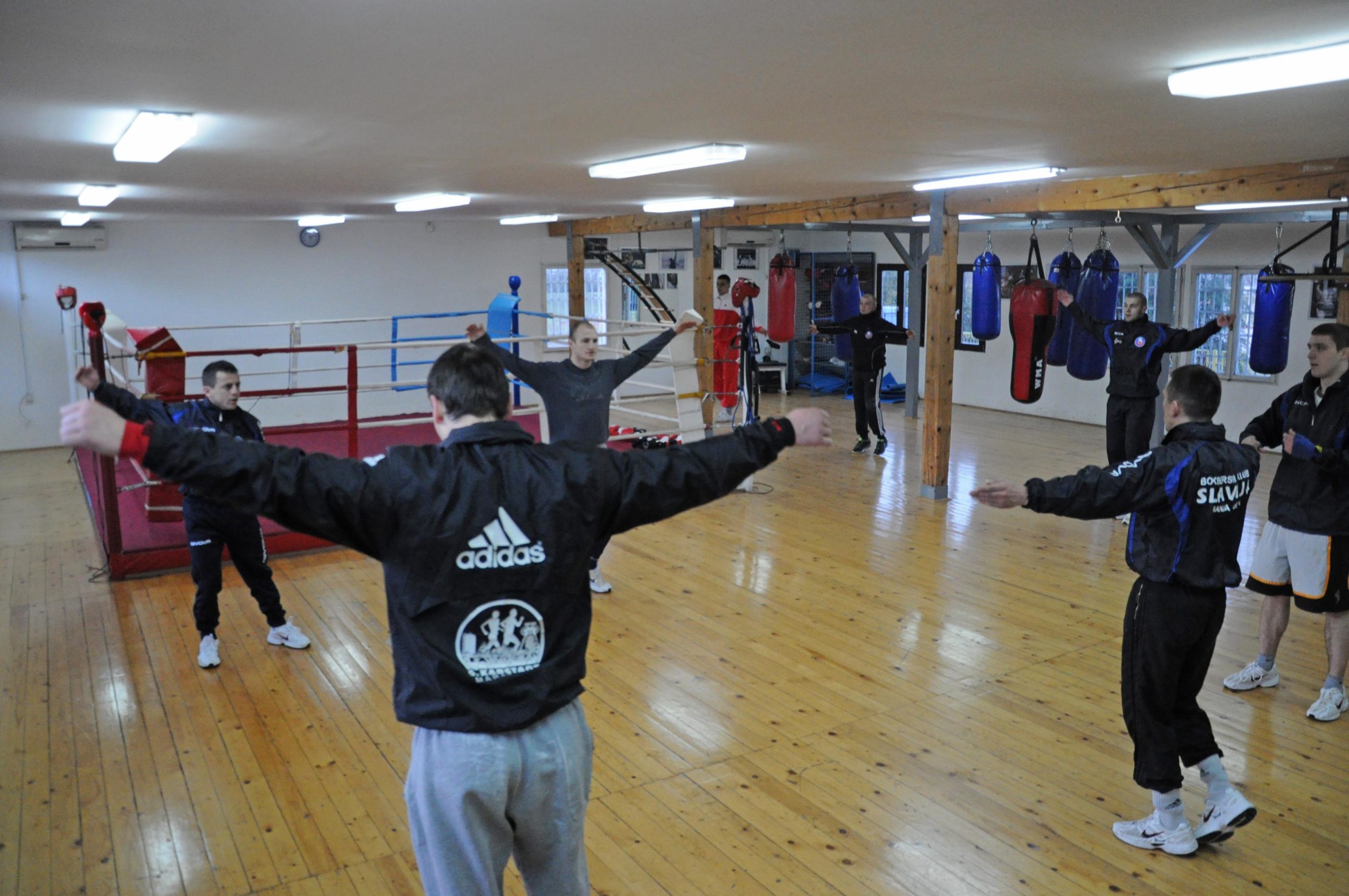
Photo by CIN
Repulika Srpska (RS) state auditors warned that Ninić and Delić’s clubs have not been held accountable for how they’ve spent the funds for fighting events in Banja Luka. It was all handed out in cash.
During 2008, Ninić and Delić organized three fights in Banja Luka for the title of a champion in their sports. That year the Ministry allocated to their clubs a 612,040 KM for the events.
CIN reporters have reviewed Ministry’s financial statements for that year. They are made of Xerox copies of bills from which it is not clear who made them out and when.
Among other things, the bills show that Ninić received an honorarium of 80,000 KM, and Delić received 70,000 KM.
Singer Jelena Karleuša received 17,500 KM for an appearance at one of the gigs, and Svetlana Ceca Ražnatović 100,000 KM.
In comparison, the amateur Boxing club Slavija, which has been in existence for more than 50 years and which gave many big names such as the European Champion Marijan Beneš and Olympic champion Anton Josipović their start, received from the Ministry 194,600 KM from 2007 to 2011.
In 2008, Ninić and Delić have received financial assistance from the city of Banja Luka too. Ninić had been a councilor since October 2008 as well as a member of the Sport Council which decides which organizations and individuals would get financial aid. At the request of Ninić’s club, the City Council approved 150,000 KM on Dec. 8 for co-financing of the event that was held five days later.
The RS Ministry of Family, Youth and Sport financed Ninić’s club with 495,000 KM in 2009. According to the bills for one of the events, Ninić and Delić received honorariums of 50,000 KM each, while a singer Lepa Brena received 120,000 KM.
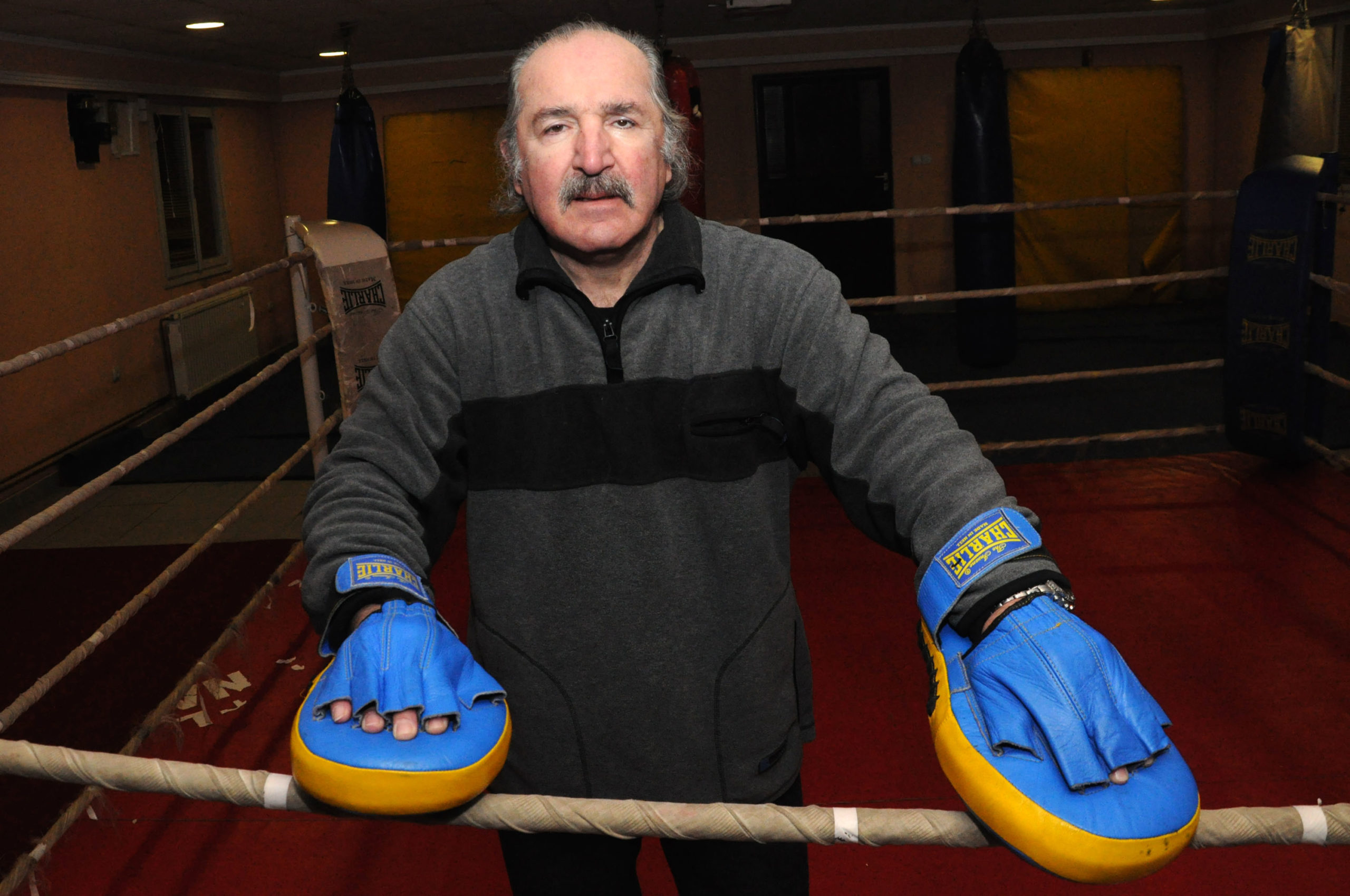
Photo by CIN
Secretary of the Ministry Dejan Erešić said that the RS was always going to support events that would make it the center of the world if only for a day. “There will always be support for the world championship, no matter for what.”
Tomislav Marić, president of the RS Boxing Association and an advisor to the sport ministry, said that these fights drew a lot of money from the budget but, nevertheless, they were matches for the titles. He admitted that Delić and Ninić can hardly be compared to the successes of Josipović and Beneš, because once all fighters fought in the same organization while today there are a number of versions.
The Conflict of Interest
Laws on conflict of interest in BiH, the entities and Brčko District forbid officeholders in the executive and legislative branch to hold an office in associations financed from the budget.
The officials at the state and Federation of BiH level (FBiH) cannot represent sports associations financed from the budget in excess of 50,000 KM a year from any level of governance; in the Brčko District though, the ban is only invoked when the District’s budget is a source of financing. In the RS, this provision is only related to the budget financing of municipalities and entities, but in amounts above 100,000 KM.
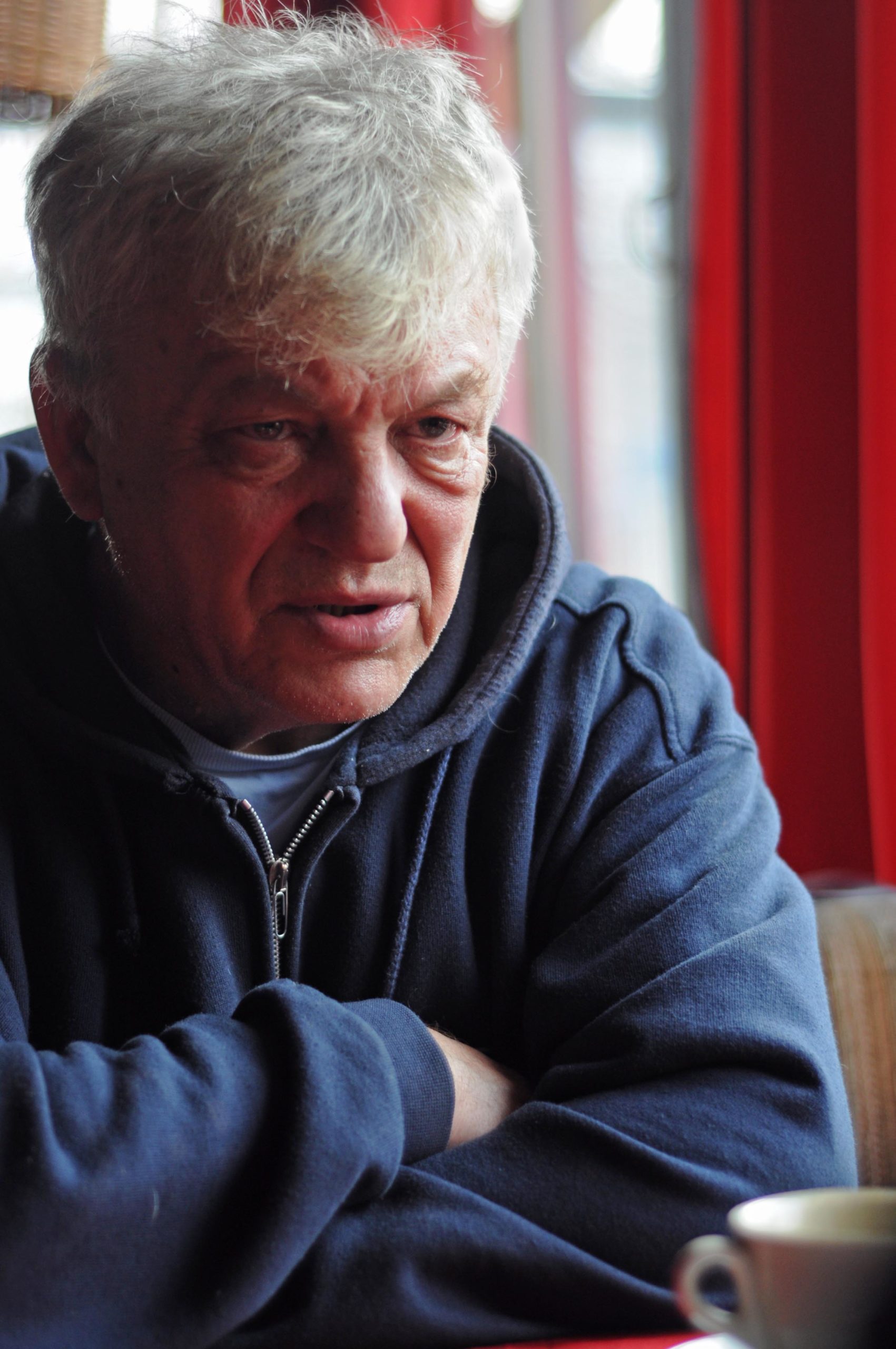
Photo by CIN
The RS Commission for Establishing the Conflict of Interest in the RS Institutions has so far investigated only one case in the field of sport – against the former head of Foča Zdravko Krsmanović. He was the president of the Football club Sutjeska and its Board of Directors during a time when the municipality paid the club 510,767 KM. The conflict of interest was established, but Krsmanović stepped down from his post in the club, and the case against him was dropped.
The Central Electoral Commission in BiH—in charge of implementing the Law on Conflict of Interests at the level of BiH, FBiH and Brčko District, has punished two persons so far.
In July 2010, Dželaludin Muharemović was fined 1,500 KM as a councilor of the municipality of Novo Sarajevo and the director FK Željezničar, because the club got more than 50,000 KM from the budget in 2009.
A judo champion Amel Mekić was fined 2,000 KM. Mekić was a councilor in the Centar Municipality of Sarajevo and a member of the Judo Club City Centar. The Electoral Commission’s decision dated March 2011, reads that Mekić used his office to influence the passing of the municipality’s 2009 and 2010 budgets which included the grants intended for him or his club.
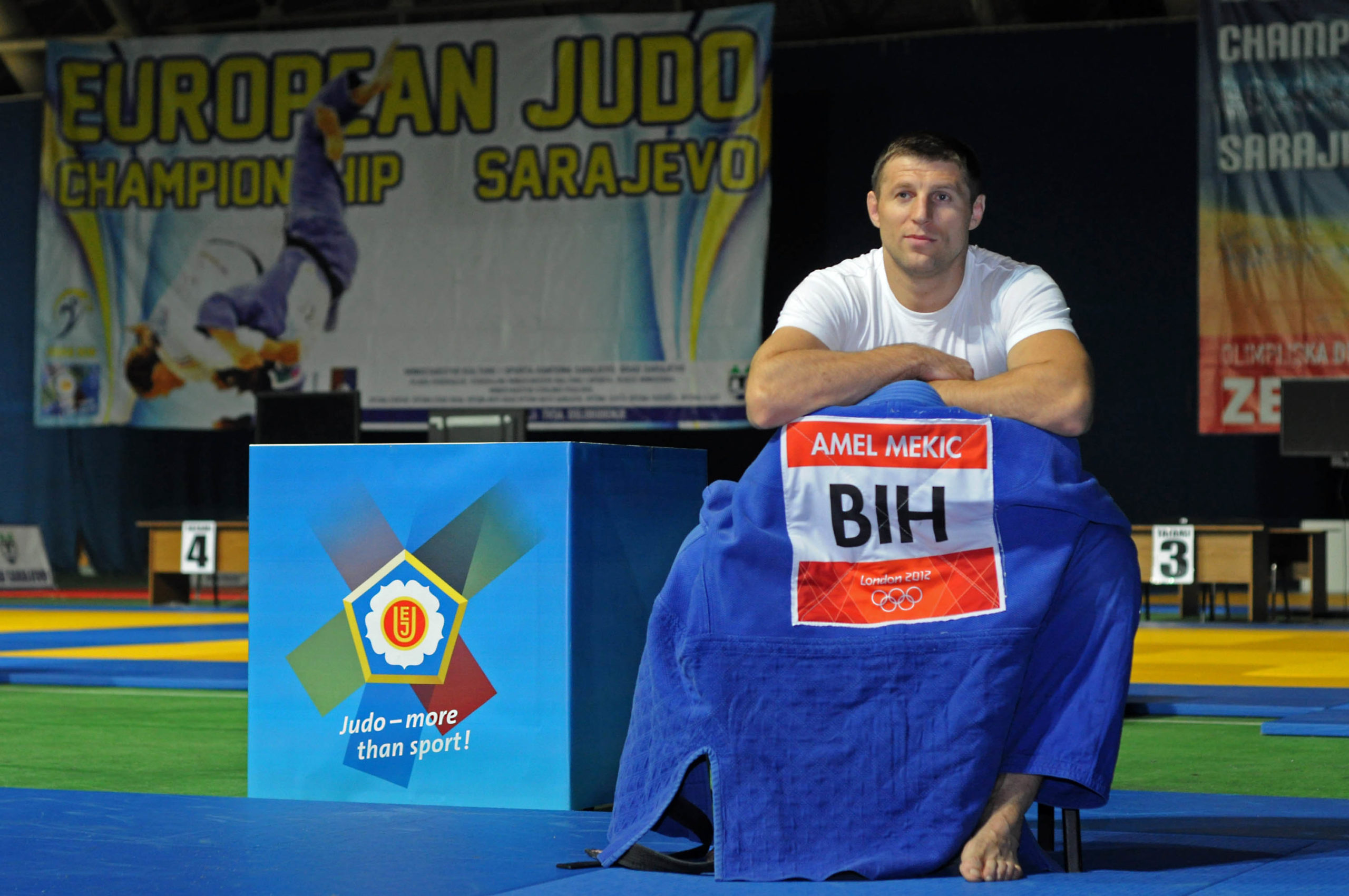
Photo by CIN
Mekić, who has represented BiH on several Olympic Games, said that he received money from the municipality for a knee operation.
Even though the Electoral Commission can initiate proceedings on its own, officials say that some cases might pass unpunished if no one reports them.
Half Million without a Tender
Taxpayer money has been given to sport clubs in some cases without clear criteria why and without a tender, as well as without oversight of the manner in which the money was spent.
The basketball club Igokea from Aleksandrovac, whose old hand and the honorary chairman is Dodik himself, received half million KM from the RS Ministry of Family, Youth and Sport without a call for application in 2010.
Nenad Dmitrović, of the Supreme Office for the RS Public Sector Auditing said that auditors have not found evidence that the Rulebook on the Distribution of Sport Grants has been followed. Applications for grants are to be delivered by June, and the money for Igokea was approved in October. “It was past the deadline. It’s not a big deal that the club got 500,000 KM, but we could not find on what basis and criteria was this done,” he said.
Igokea got money to participate in the regional basketball NLB league and it was spent on salaries for players, agents’ fees, hotels, transport, purchase of equipment etc.
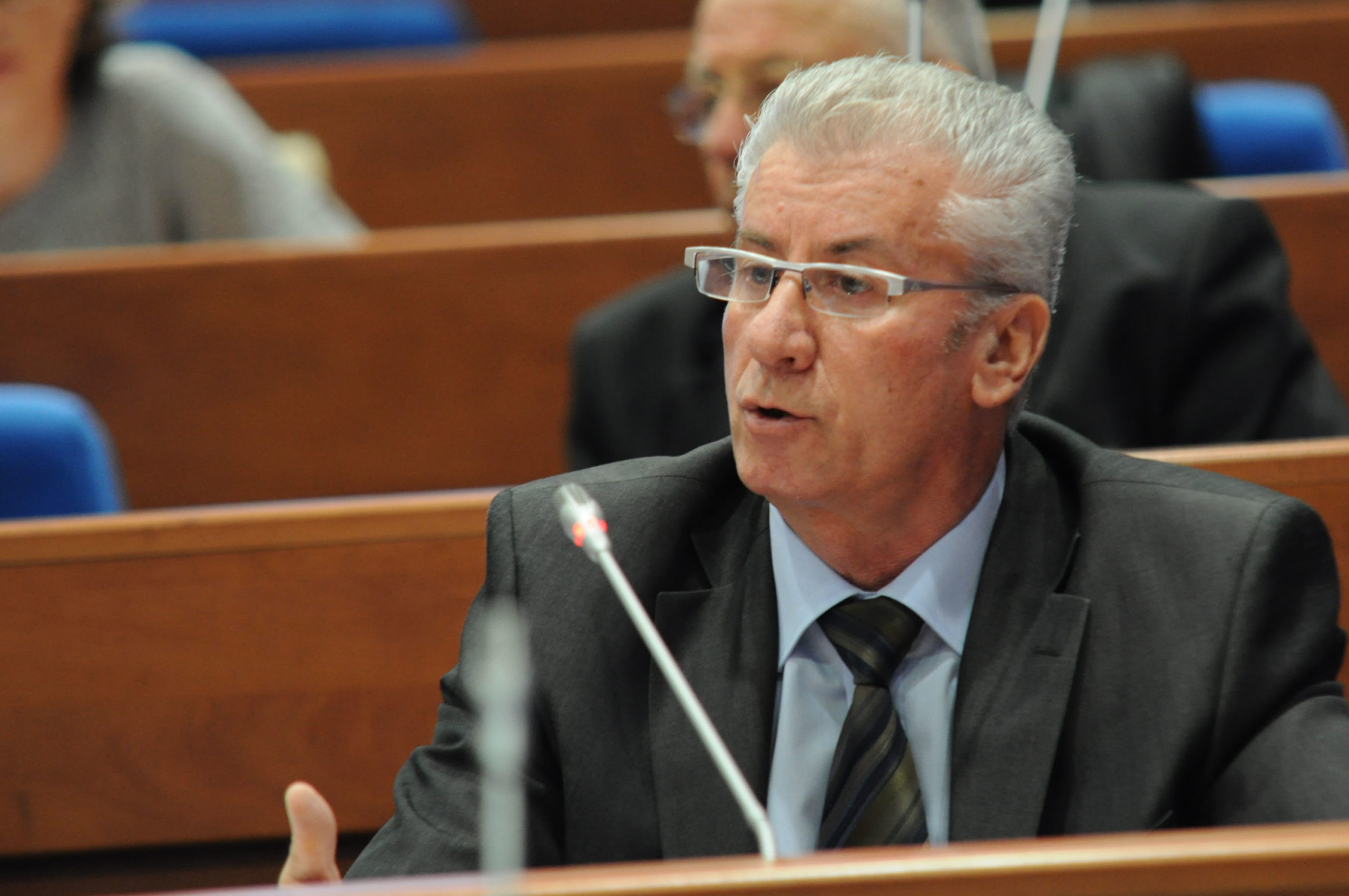
Photo by CIN
During Proko Dragosavljević’s term in office as the minister, the ministry also supported a football club Crvena Zemlja from Nova Ves near Srbac, where the minister hails from. Heading the club was Neđo Ilić, a long-time director of a public company the RS Forests, and later the assistant to the Forestry Minister in the entity. Meanwhile, Crvena Zemlja folded, while Ilić was arrested at the beginning of October under suspicion he was involved in abuses connected with the RS Forests.
Between 2007 and 2011, Crvena Zemlja received 164,505 KM while it was competing in the RS minor leagues. During that period, a Banja Luka based football club Borac received 277,500 KM even though, among other things, it was the champion and winner of the BiH Cup.
According to the records from the RS Ministry of Family, Youth and Sport, FK Crvena Zemlja has spent 159,612 KM of this money for the stadium construction and other works such as putting in lighting and locker rooms repairs. Neđo Ilić and Proko Dragosavljević signed all the contracts.
The club’s director Ljubo Rakić said that the local businessmen gave the money without asking for reports on how it was spent. “I guarantee that 95 percent of that money has never reached Crvena Zemlja,” says Rakić. “Had such big funds reached our club, there is no way they would not have been felt.”
Dejan Erešić, the secretary of the Ministry, says that there are records of payments and that this institution has no interest in knowing who the club internally informs that the money had been received.
Officials at the FBiH Office for Audit of Institutions say that the sport funds in that entity have been distributed without clear criteria, and beneficiaries often do not report on how they were spent.
For example, the FBiH Ministry of Culture and Sport gave 70,000 KM in 2010 to a football club Gošk from Gabela, to build stadium seats even though two years earlier they could not account for the money they had received.
In 2008 the club received 120,000 KM for construction of seats and bleaches. Auditors found that almost 70,000 KM was spent on repayment of bank loans. Despite this, the Commission for the Oversight of the Spending of the Current and Capital Transfers in the Area of Sport accepted their report.
Gošk director Pero Pavlović said that the auditors wrongly interpreted the data and that it was possible that their money was charged from their bank account, but surely it must have been returned later and spent on the stadium as intended.
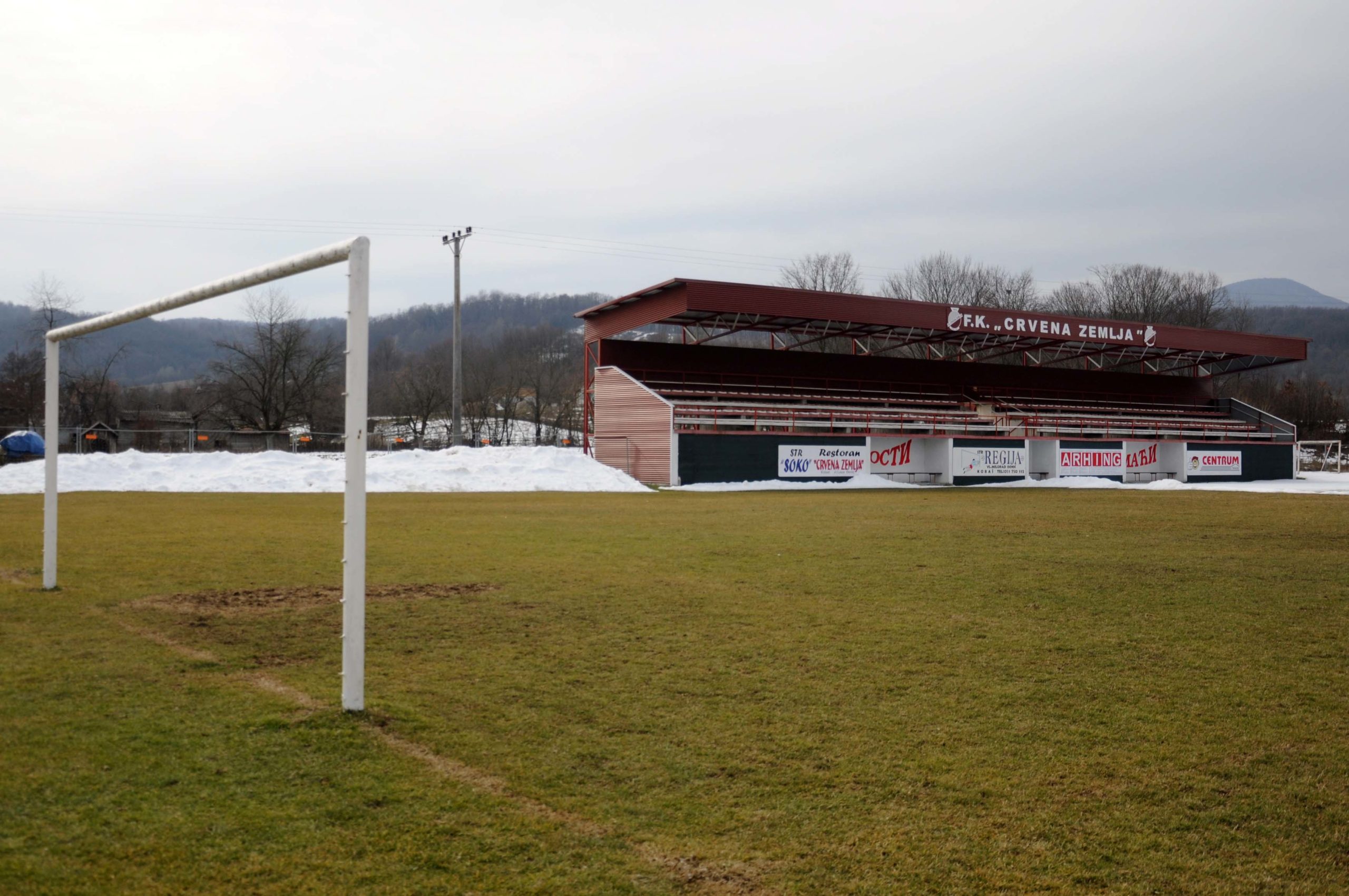
Photo by CIN
Auditor Belma Mušinović says that this answer makes no sense and that auditors did their report based on paperwork supplied to them. She explained that the ministry could review how the money was spent if it wanted. But, auditors” hands are tied since grant users sign no contracts. In cases of mismanagement, the ministry has no basis to take them to court.
Politicians’ Trips to Sport Events
Even politicians who are not sportsmen can benefit—materially or from promotion —by showing up in public with successful athletes or by travelling free-of-charge with the national selections at the taxpayers’ expense.
For years representatives of the government and political parties have travelled with the national football champion.
In 2009 the FBiH Ministry of Culture and Sport gave BH Airlines 114,400 KM to cover the double charter return flight from Sarajevo to Tallinn. The FBiH government approved the funds from the emergency funds used for unforeseen expenses. In its decision the government wrote that the money was for “the needs of the BiH national team that was travelling for a qualifying round for the participation in the World Championship in the South African Republic 2010.”
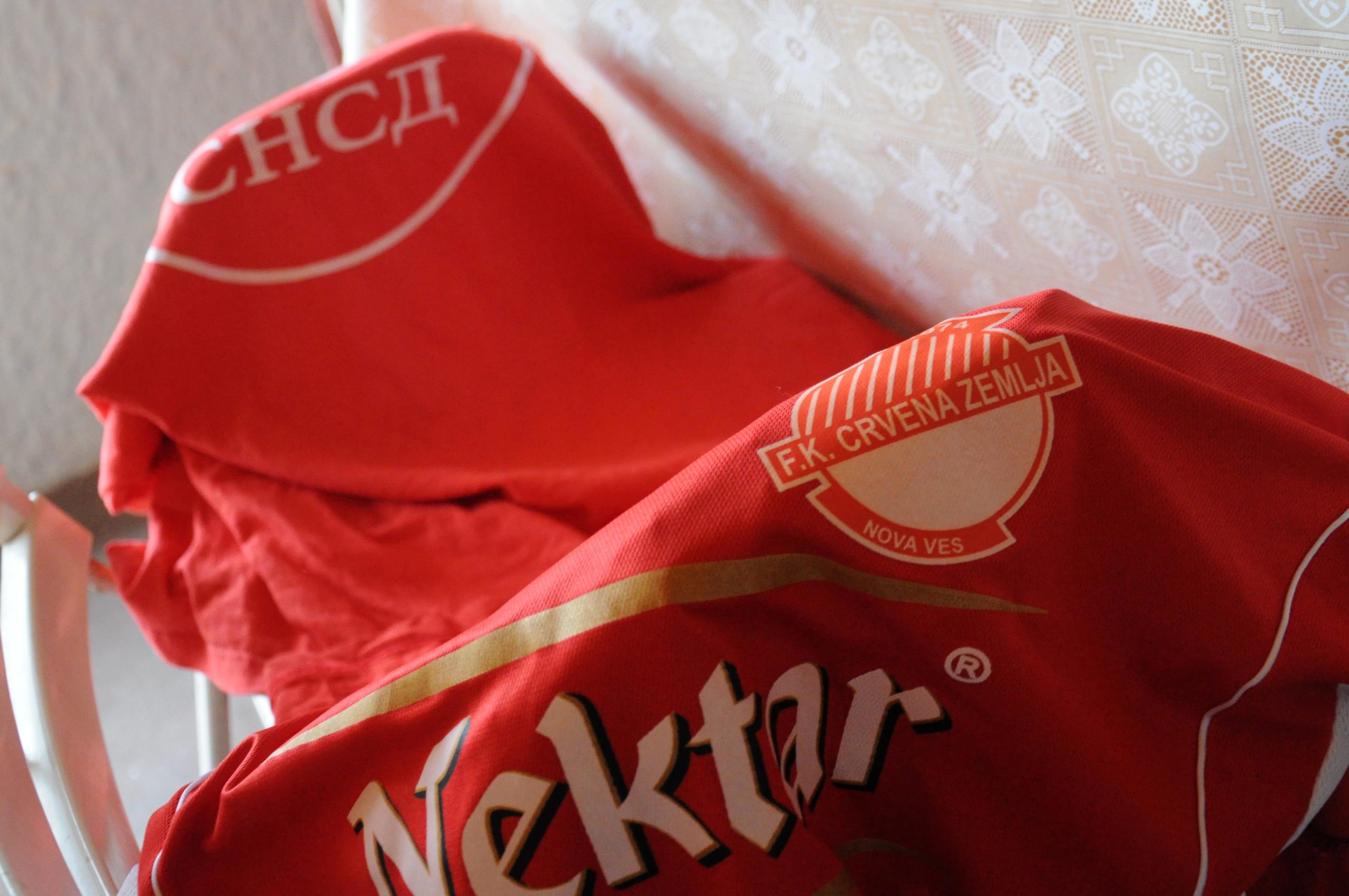
Photo by CIN
Out of 121 persons on the passenger list, 109 left for Estonia. Of these 19 were representatives of the FBiH government and the various FBiH ministries, including then cultural minister Gavrilo Grahovac, Mustafa Demir and Zdenko Čabrilo, former FBiH Prime Minister Mustafa Mujezinović, ministers Nail Šećkanović and Perica Jelečević, the government secretary Ismet Trumić, and the current minister Salmir Kaplan who was a spokesperson for the Party of Democratic Action (SDA) at the time.
Mustafa Demir, then assistant to the minister for sport, who has retired in the meantime, said that it would make sense for him to travel considering that this was his ministry. “We paid for everything that was additional, but there were no additional costs because a plane had to go.”
Officials from the FBiH Ministry of Culture and Sport say that the Accountability Report “was justified with the BH Airiness’s bill.”
The auditor Mušinović says that the auditor did not find that receipt.



